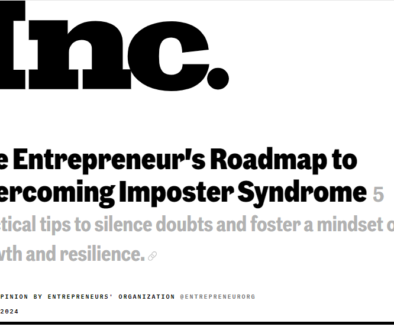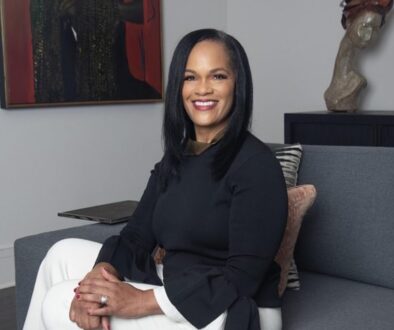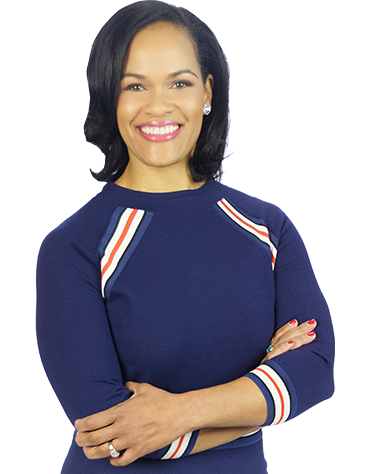Loving a Previously Abused Partner

You’ve been blessed to have a beautiful, loving partner. Unfortunately, they were once abused by their significant other. Even though they’ve moved on, the trauma from their past relationship still remains with them. Even though you weren’t the one abused, chances are, this situation affects you and is affecting your relationship now.
Perhaps your plan was to love your partner into healing. You’ve now, however, realized that no amount of love could remove their trauma and memory. Or maybe, (upon first entering the relationship) your partner covered up their trauma and pain so well that you had no idea it even existed. Unfortunately (as I’m sure you’ve now realized) undealt, suppressed issues never truly leave…no matter how long ago the problem occurred. Former abuse can result in trauma and can very likely affect the way people interact, express, and receive love in present relationships.
Abuse can take many forms such as criticism, condemnation, judgment, manipulation, isolation, lying, and claims that the abuser is perfect and the victim is worthless & flawed. The abuser’s intention is to gain control and dominance.
So… what can be done about this? What is the proper way to love someone that was previously abused? First, you must understand that your partner simply opening themselves up to love again is an uphill battle. You must also be able to first identify all of the signs of previous abuse that your partner displays, in order to fully address it.
Below are some signs of former abuse, that your partner may currently display.
QUESTIONING YOUR KINDNESS
Often times in abusive relationships, the lines between loving actions and abuse become blurry and confusing. Your partner may constantly doubt your sweet gestures and kindness, mistaking it for manipulation and believing that it comes with conditions. This may be due to their ex using similar gestures to manipulate them in the past.
CONSTANT APOLOGIZING
Abusive people tend to blame victims for everything. If that was a big part of your partner’s relationship dynamic in the past, apologizing may become a reflex to them.
NOT VERY EXPRESSIVE
Victims of past abuse rarely feel completely comfortable expressing themselves. They may not feel safe enough to speak up for themselves or be authentic because they fear criticism, condemnation, judgment, or rejection.
NEVER FEELING GOOD ENOUGH
Your partner may talk about (sometimes even in a joke) not being good enough or worthy of your love.
OVEREACTING
Your partner may express abnormal reactions to normal, simple situations. You could be deciding on where to eat, giving your opinion on what your partner should wear, or even being sexually intimate with your partner, and out of nowhere, your partner expresses a shockingly strong reaction.
Triggers are common with formerly abused people. In order to not be caught off guard, it’s good to recognize the behaviors, and even expect it from your partner. Now that we’ve recognized some signs, here’s how to deal with them.
TALK ABOUT IT
It’s possible that your partner never fully explained the exact details of their past relationship. Perhaps you’re only aware of the unhealthy relationship dynamic, along with bits and pieces of a few situations that occurred between your partner and their ex. This could have been deliberately done, by your partner, in efforts to move on and forget. Approach this topic in a sensitive way. Let your partner know, without pressuring them, that you’re available and open to listening if they need to talk. If you haven’t already, listen to their story if they’re ready to tell you. You could gain much understanding of your partner’s behavior.
BE PATIENT
Be patient with any fears or difficulties your partner may be having now, as a result of this past trauma.
DON’T ALWAYS MAKE THE DECISIONS
If your partner was abused, it’s likely that they were robbed of the freedom of making their own decisions. You will never agree on everything…that’s a given. Your values may align, but your decisions won’t always. Even if you have your mind/heart set on a certain decision, allow your partner to make their own choice and respect it, regardless of whether or not you agree.
SUPPORT
Even the most self-assured people need a vote of confidence from time to time. Let your partner know that you support them. If he/she feels supported and encouraged, they may feel stronger and more able to make decisions.
REMIND THEM OF THEIR WORTH
Remind your partner that they will never be enough for the wrong people. One of the most important things to do is to constantly reaffirm that they are what you want.
ENCOURAGE PROFESSIONAL HELP
As previously stated, it’s impossible to love a person into complete healing. The best you can do is to consistently be a loving, patient, and understanding partner. The decision to fully heal must come from your partner themselves. However, they can’t do it on their own. With your support and encouragement, a therapist can help.
National Domestic Violence Hotline at 1−800−799−7233 or TTY 1−800−787−3224

At CWC Coaching, our team consists of licensed therapists, life coaches, and counselors. We assist clients with self-improvement, career development, negative self-talk, psychological pain, self-sabotaging behavior, past hurts and finding your purpose. If you are ready to increase your self-awareness and happiness, breakthrough limiting behavior and understand your purpose in life, we’d love to help guide you on this journey.




